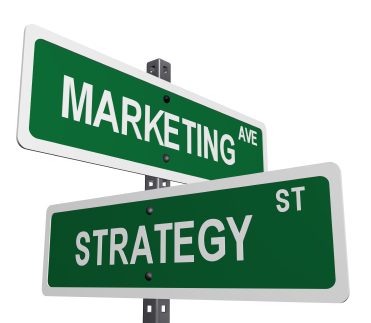The Power of Suggestion: Associating a World of Difference
Medical Pharmaceutical Translations • May 6, 2013 12:00:00 AM

In advertising and marketing, we greatly rely on the suggestive power of words and images often associated with concepts outside of what is said or depicted. Some symbols seem universal, not unlike Jungian archetypes – the good, the bad, and the ugly – but more contemporary and/or pop culture references are just as common.
When writing copy for an international audience, how can we be sure that these kinds of subtleties will be understood as intended? Are there ways to go terribly wrong? Clothing giant Gap provides an example that’s not exactly cringe-worthy but still caused the company to pretty much loose footing in China a couple of years ago, while other American brands were making it big in the land of rising opportunities. Gap was introducing its fashion line 1969, not considering the fact that in China, the sixties fail to evoke flower power, counterculture, individual freedom, or even the Rolling Stones. 1969 actually happened to be a particularly bad year for China, with Russia planning a nuclear attack on the country, and Mao being confirmed as its supreme leader.
Avoiding the void
When a reference or allusion works, its effect can be greater than the greatest photo or slogan. Entire movies are held together by pop references, often enough to other movies (Quentin Tarantino made the process into a veritable art form, not unlike Bertolt Brecht 100 years before him, who declared that art always begs, borrows or steals from someone else). For a while, marketing trailblazers decided to do away with any direct mention of product and brand at all, offering merely images of what they felt the consumer would associate with the product or brand in question. While it engaged the potential buyer in a new way – trying to figure out what the ad was actually advertising – the chance of a light-bulb moment tended to be about equal to complete puzzlement. Dove’s “Campaign for Real Beauty” was huge, but not only because it drew the attention away from the product: It shifted the focus to a social issue (what is beautiful?).
Rebels against the cause
Our culture dictates, however, where our social pitfalls lie, and even if issues are raised that appear pertinent to us, the sheer fact that they are, in the end, brought up with the intent to sell us something, will sooner or later turn reward to resentment. We like to be toyed with, to a certain extent, but we don’t want to be cheated. That line moves slightly from target market to target market, and is not always easy to identify. Germany, for instance, has always favored a more direct approach in advertising – don’t mess around, just tell me what you have to offer. It is not surprising that many ads run for decades with only minimal updates. The boy originally featured on the popular German chocolate treat “Kinderschokolade” in 1973 was only replaced in 2005. (They did digitally cut his hair and gave him a pair of ears over the years.) The animated self of “Meister Proper”, the German equivalent of Mr. Clean, celebrates his 45 th birthday this year and is still going strong, without having changed much.
Catch as catch can
If we want to touch the individual without tripping over cultural and/or linguistic barbwire, we probably have to go to the place where Jung’s archetypes meet pop culture: find the common denominator that we all respond to, but water it down (or vamp it up) only so much that we can still feel its impact on the primal level also referred to as our collective unconscious. The principles of legendary industrial designer Dieter Rams, precursor of Apple’s simple and elegant designs (and campaigns), might just as well apply to marketing and advertising in general. Innovative, useful, aesthetic, understandable, honest, unobtrusive, long-lasting, thorough, environmentally friendly, and, last but not least, as little design as possible, could very well be the language that is understood around the globe.
Nanette Gobel, MA
#consumerbehavior #crosscultural #globalmarketing #marketing #aiatranslations
